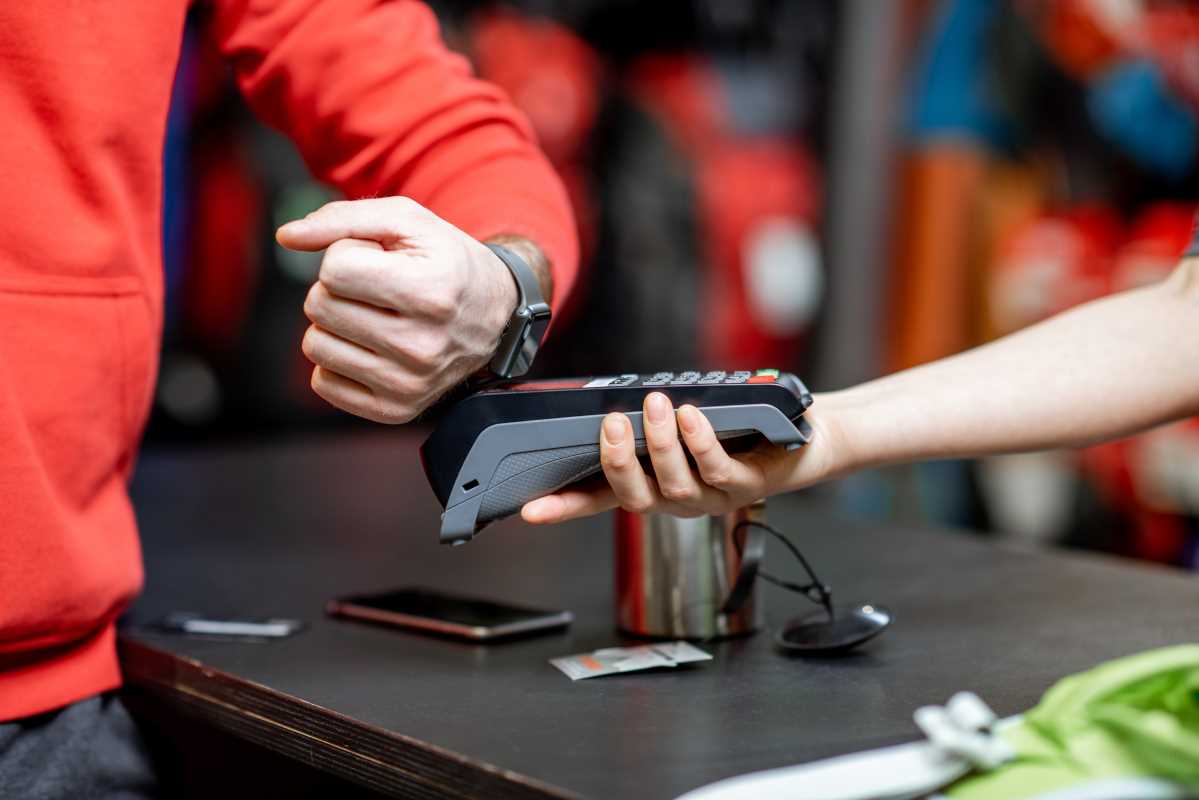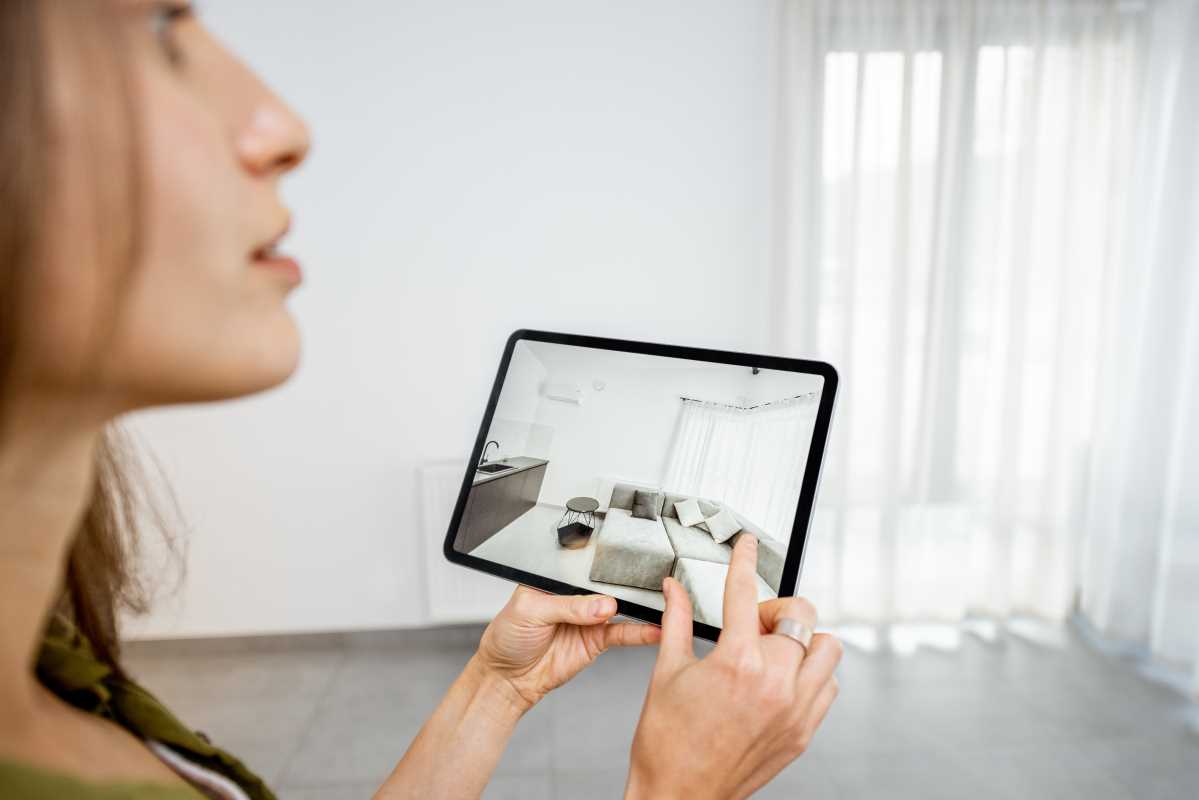Technology continues to move at a rapid pace, bringing new tools and solutions that make our daily lives simpler, healthier, and more connected. In 2025, the most exciting innovations are not just about flashy gadgets; they are practical advancements that offer real-world benefits. From smarter homes to personalized healthcare, these technologies are changing how we manage our day-to-day routines.
This guide will walk you through the most impactful tech innovations of the year. We’ll explore what they are, how they work, and the practical ways they are making a difference. Let’s take a look at the technologies that are quietly reshaping our world for the better.
AI-Powered Personal Assistants Get Smarter
Artificial intelligence (AI) has moved beyond simple voice commands. In 2025, AI-powered personal assistants have become true household managers, capable of understanding complex requests and anticipating your needs. These assistants are now integrated into more devices, from your phone and car to your home appliances.
- What they do: Today’s AI assistants can manage your calendar, book appointments, and even help plan your meals based on what’s in your fridge. They learn your preferences and routines over time, allowing them to offer proactive suggestions. For example, your assistant might remind you to leave for an appointment early due to traffic or suggest a recipe for dinner.
- Real-world benefits: This technology simplifies daily planning and reduces mental clutter. Instead of juggling multiple apps and lists, you have a single, reliable assistant to help you stay organized. This is especially useful for managing busy family schedules and coordinating appointments.
Smart Home Devices That Actually Cooperate
For years, the promise of a "smart home" felt complicated, with different devices that wouldn't work together. In 2025, that is finally changing. Thanks to new industry standards like Matter, smart home products from different brands can now communicate with each other seamlessly.
- How it works: Whether you buy a smart thermostat from one company or smart lighting from another, they can now be controlled from a single app. This interoperability makes setting up and managing your smart home much more straightforward. You can create routines that involve multiple devices, such as a "good morning" setting that gradually brightens the lights, raises the temperature, and starts the coffee maker.
- Real-world benefits: A truly connected home provides convenience and efficiency. You can control your entire home environment with your voice or from your phone, whether you’re at home or away. This also leads to practical energy savings, as you can easily automate your lighting and climate control systems.
Healthcare Tech Becomes More Personal and Proactive
One of the most meaningful areas of innovation is in personal healthcare technology. Wearable devices like smartwatches and fitness trackers have evolved from simple step counters into sophisticated health monitors that provide valuable insights.
- What’s new: Modern wearables can now track key health metrics like heart rate variability, blood oxygen levels, and even sleep quality with impressive accuracy. Some advanced devices offer features like fall detection and ECG monitoring, which can provide critical information in an emergency. These devices sync with apps that help you understand the data and spot trends in your health.
- Real-world benefits: This technology empowers you to take a more proactive role in your own health. By monitoring your daily activity, sleep patterns, and vital signs, you can make more informed decisions about your lifestyle. It also provides peace of mind, especially for those living alone, knowing that help can be automatically alerted if needed.
Sustainable Tech for a Greener Home
As more people look for ways to reduce their environmental impact, technology is offering practical solutions. In 2025, sustainable tech is focused on helping households reduce energy consumption and minimize waste in simple, effective ways.
- How it helps: Smart thermostats learn your heating and cooling preferences and automatically adjust the temperature to save energy when you’re not home. Smart plugs can turn off appliances that draw power even when they're not in use. There are also new home energy monitors that give you a clear picture of how much electricity your home is using, helping you identify opportunities to save.
- Real-world benefits: These innovations not only help the environment but also lower your utility bills. They offer a reliable way to make your home more energy-efficient without sacrificing comfort. It’s a practical investment that pays for itself over time.
The Rise of E-Bikes and Personal Mobility
Cities are becoming more congested, and people are looking for better ways to get around. Electric bikes, or e-bikes, have surged in popularity as a practical and enjoyable alternative to driving for short trips.
- Why they’re popular: E-bikes are equipped with a small electric motor that provides a boost as you pedal, making it easier to tackle hills and longer distances. They offer a great way to get exercise without the strain of a traditional bicycle. With improved battery life and more lightweight designs, the e-bikes of 2025 are more reliable and user-friendly than ever.
- Real-world benefits: E-bikes reduce traffic congestion and carbon emissions. For the rider, they make running errands or commuting to work a fun and healthy activity. They are a practical solution for navigating your local area without relying on a car.
The technological innovations of 2025 are focused on delivering practical value and making daily life easier. From smarter assistants to proactive health monitoring, these advancements are designed to be reliable, user-friendly, and beneficial for everyone.
 (Image via
(Image via





